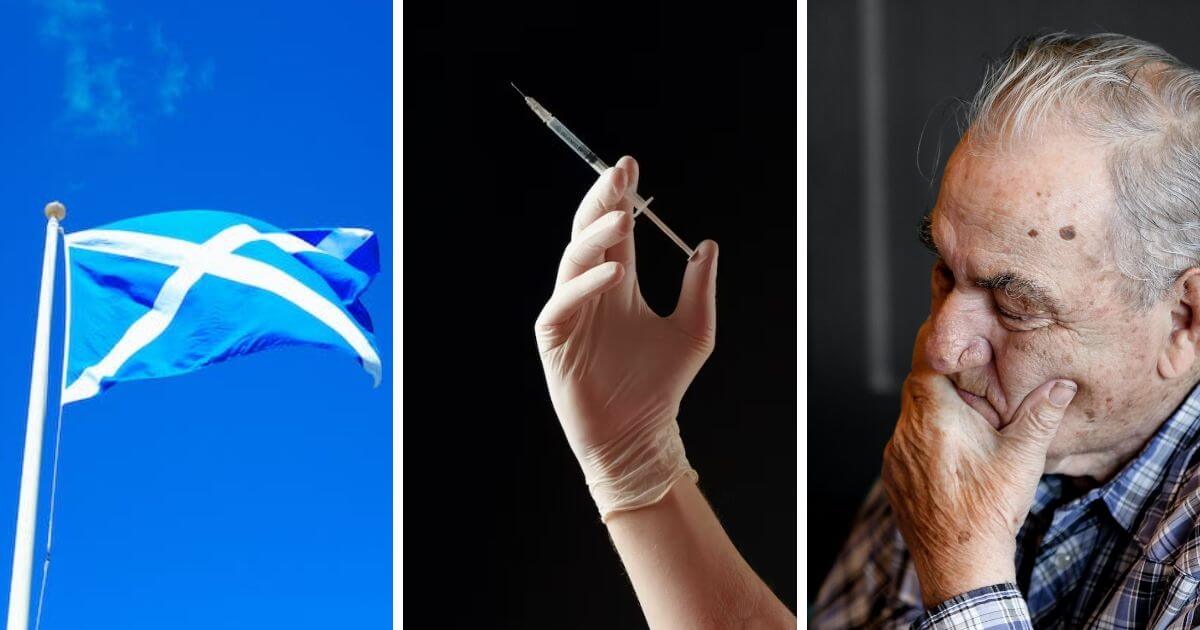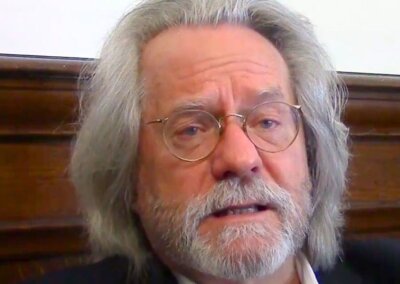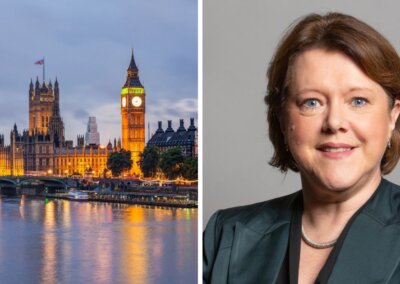Based on sample sizes too small to represent the public, an assisted suicide lobby group, along with a prominent news organisation, has claimed that the majority of religious believers in Scotland support a change in the law on assisted suicide.
Earlier this year, Dignity in Dying commissioned two YouGov polls into assisted suicide, one in Scotland and a second in England and Wales. The assisted suicide lobby group claimed, on the basis of their own polling, that “[m]ore than three quarters of Church of England Christians, and 2 in 3 Roman Catholics, believe that the UK’s ban on assisted dying should end”.
Humanist Society Scotland, who have campaigned in favour of assisted suicide being made legal in Scotland, using Dignity in Dying’s data, have also claimed that “64% of people who identify with a particular religion support legalising assisted dying”.
The Guardian newspaper has also claimed the poll found majority support for the introduction of assisted suicide to Scotland.
However, Dignity in Dying’s own polling explicitly states that figures based on sample sizes of fewer than 100 should not be used as it does “not represent a wide enough cross-section of the target population to be considered statistically reliable”.
In Scotland, Dignity in Dying’s polling only surveyed 81 self-identified Roman Catholics and 39 Anglicans. In fact, of all religious respondents, only the Church of Scotland exceeded a sample size of more than 100.
Support for assisted suicide drops in Scotland
Compared with 2019 polling commissioned by Dignity in Dying, the polling this year shows a 10% drop in support for assisted suicide in Scotland.
There is debate over whether there is actually widespread support for introducing assisted suicide to the United Kingdom.
Academics have been highly critical of the approach taken by Dignity in Dying with the polling that they have funded on assisted suicide, with two experts from the respected Institute for Social and Economic Research at Essex University saying that previous polling they commissioned on the issue was ‘skewed and ambiguous’.
“Assisted suicide” vs “assisted dying”
Polling from overseas shows that when the term ‘assisted suicide’ is used in polls, the majority in favour of introducing assisted suicide falls, sometimes by up to 19%.
Whether respondents to a poll are exposed to counterarguments to the introduction of assisted suicide also appears to have an impact on the percentages of respondents who state they support introducing assisted suicide. In one poll, undertaken by Savanta ComRes, of people in England, Scotland and Wales, support for assisted suicide dropped from 73% to 43% when respondents were presented with counterarguments. A poll that was run only in Scotland showed similar results.
Last year, the Liberal Democrat MSP, Liam McArthur, submitted a final proposal for a bill to make assisted suicide legal in Scotland. However, while the proposed bill has received backing from a number of MSPs, in September both the First Minister of Scotland and the Scottish Health Secretary stated their opposition to a change in the law on assisted suicide.
After meeting with a disability advocacy group, Glasgow Disability Alliance, First Minister Humza Yousaf said that he felt “even less persuaded” that assisted suicide should be made legal in Scotland.
Spokesperson for Right To Life UK,Catherine Robinson, said “Any percentages based on the data from Scotland regarding the view of religious people in general on assisted suicide cannot be used due to the small sample size. Dignity in Dying admits this themselves. It is unacceptable that any campaigning group publish falsehoods about support for assisted suicide in Scotland among the religiously affiliated, especially when they are picked up by apparently uncritical news organisations. Perhaps it is an indication of the weakness of their argument that they rely on dodgy data to push their cause”.
“It should also be noted that polling based on religious affiliation often runs along cultural lines and may not accurately represent what faithful observants of the religion actually think”.
“Academics have been highly critical of the approach taken by Dignity in Dying with the polling they have funded on assisted suicide. We know that when polling asks about ‘assisted suicide’ as opposed to ‘assisted dying’ the results can be very different. Furthermore, when respondents are offered counterarguments to making assisted suicide legal, the results can also change dramatically”.












